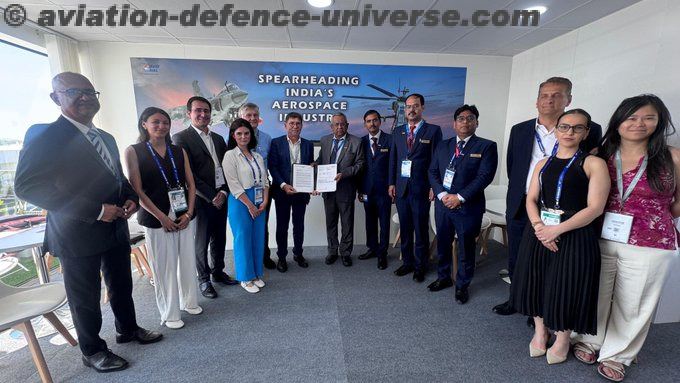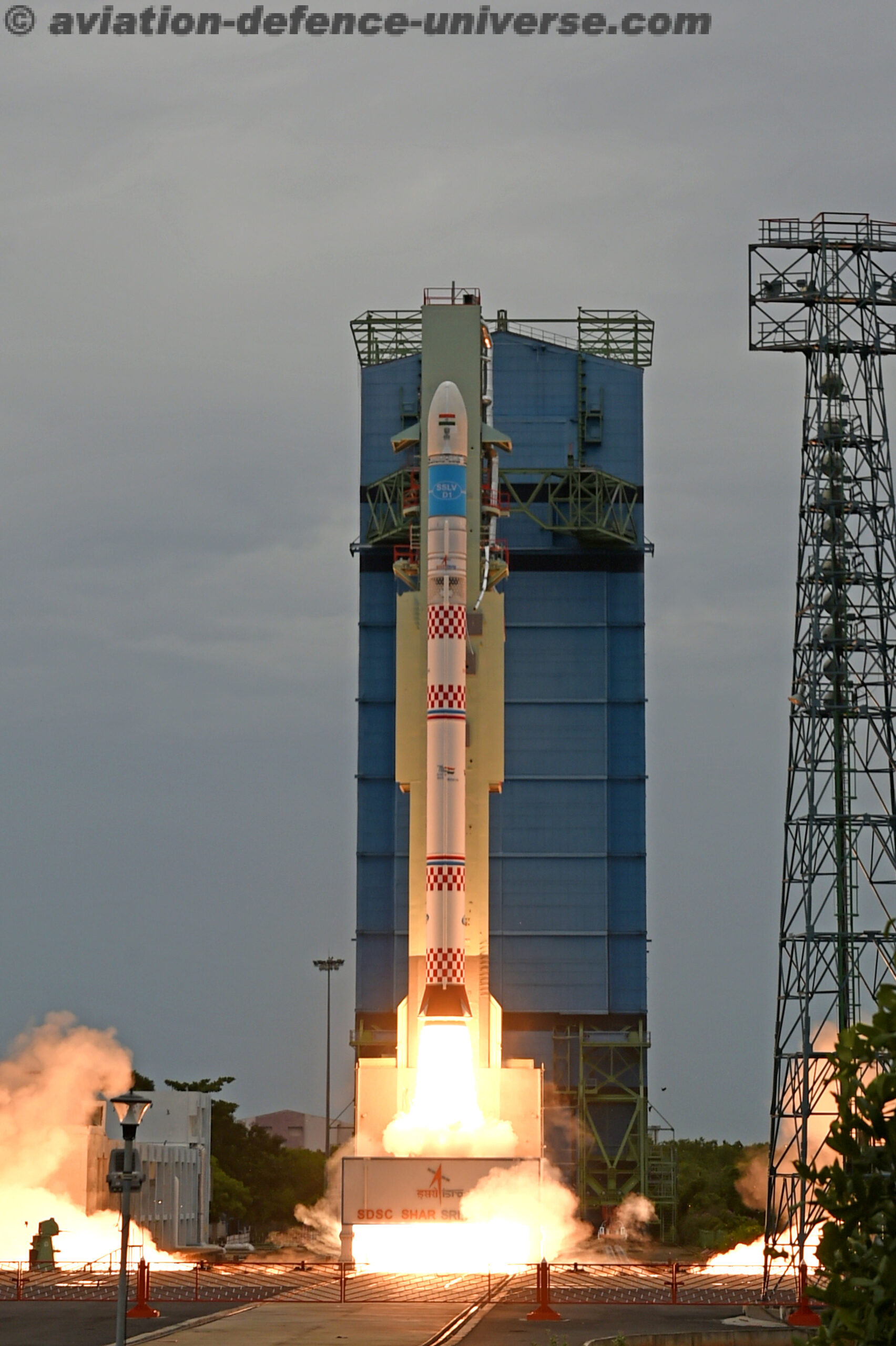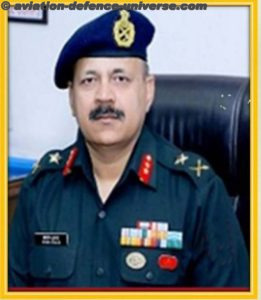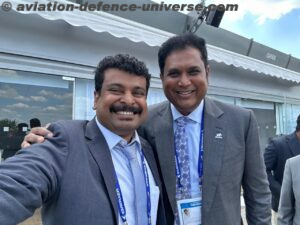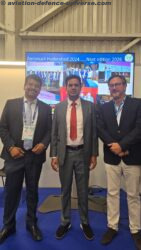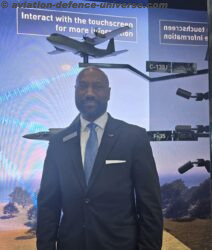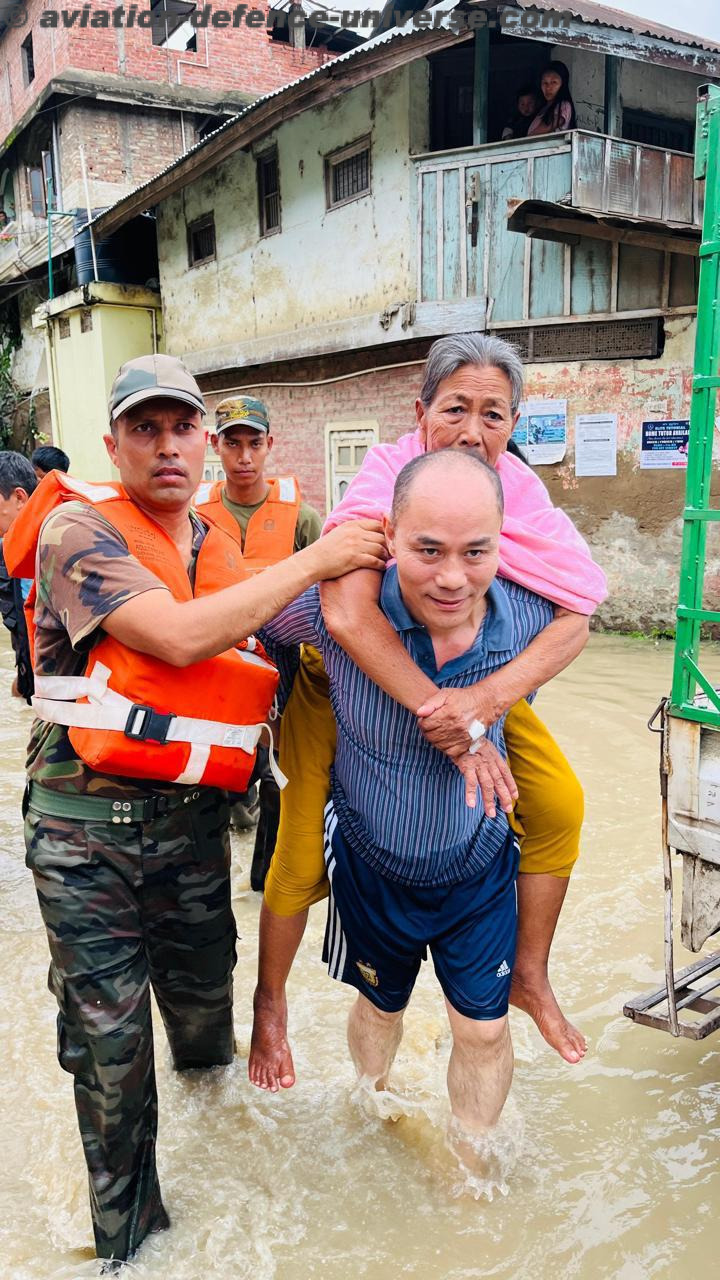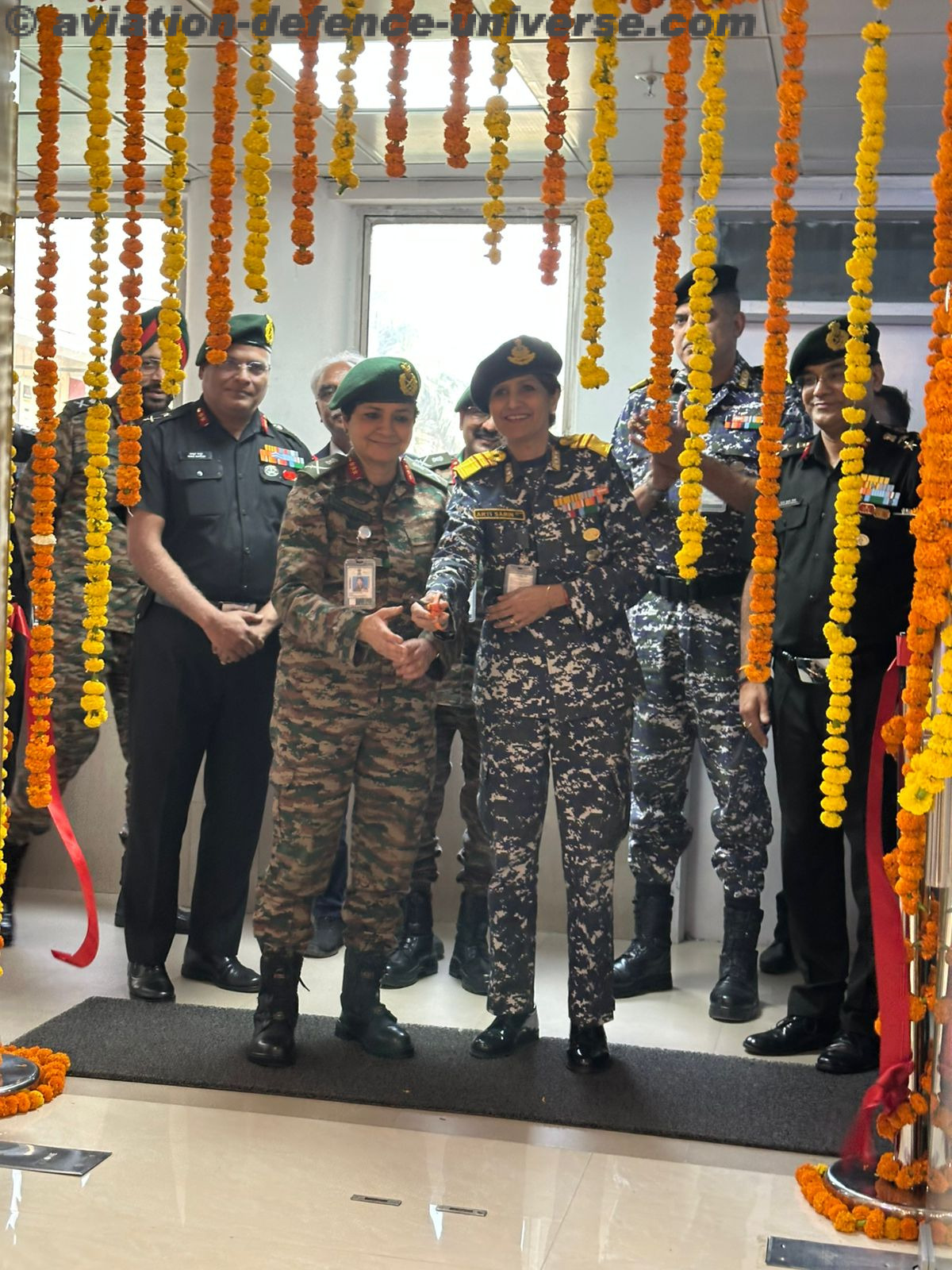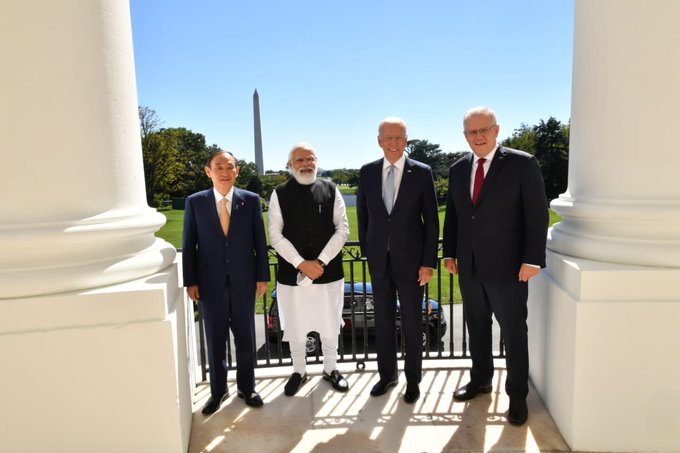
- Onward march together – begins
By Commodore Anil Jai Singh ( Retd.)
New Delhi. 04 October 2021. The recent QUAD Summit held in Washington DC on 24 September with the four heads of government physically present was significant for a number of reasons. Firstly, it was the second Summit held within 6 months which is unusual for any multilateral organisation ; the first one having been, albeit virtually on 12 March 2021, within two months of President Biden assuming office as the President of the United States of America. Secondly, this was the first time the four heads of government met together in person. Thirdly, the Summit was held in the shadow of the controversy surrounding the formation of AUKUS – the Australia, UK, USA trilateral and France’s annoyance at being “stabbed in the back” over the cancellation of its submarine contract with Australia. Finally, it was held just one day before the UN General Assembly which was significant from the US perspective of reaffirming its status as a global leader in the wake of the adverse global reaction to its withdrawal from Afghanistan.
From all accounts the Summit seemed to have been a success. It reiterated its past commitments and agreed to move ahead on others. While ensuring that a Free and Open Indo-Pacific and a rules-based international order will remain the defining theme of the Quad, there was unanimity on enhancing the scale and scope of the engagement in many other domains as well and a structural roadmap on progressing ahead was announced in the Joint Statement that followed. Ending the COVID-19 pandemic by improving the vaccination programme, promoting high standard infrastructure, combatting the climate crisis and partnering on emerging technologies, space, and cybersecurity and finally cultivating next-generation talent through academic programmes.
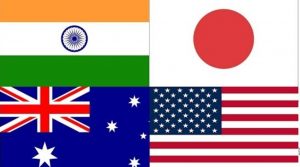
Perhaps the single most important message that emanated from the Summit was the “recommitment to promoting the free, open rules-based order , rooted in international law and undaunted by coercion, to bolster security and prosperity in the Indo-Pacific and beyond” and added that the Quad stands “ for the rule of law, freedom of navigation and overflight, peaceful resolution of disputes, democratic values, and territorial integrity of states” as “…reflected in the UN Convention on the Law of the Sea (UNCLOS), to meet challenges to the maritime rules-based order, including in the East and South China Seas”. They added that they will ensure a Free and Open Indo-Pacific which is also ‘resilient and inclusive’. This was as loud a message as any to China of its growing maritime assertiveness. To put the Summit in perspective, perhaps the two most immediate and significant challenges for the Quad are firstly, tackling the Covid-19 pandemic and secondly, the issue of climate change. The commitment to both was highlighted. The Quad Vaccine partnership which was decided at the last Summit has moved into a higher gear with a combined manufacturing, financing and distribution effort to supply at least one billion vaccines by the end of 2022. India will be the manufacturing hub. The Quad also agreed to build better health safety to avoid such pandemics in the future.
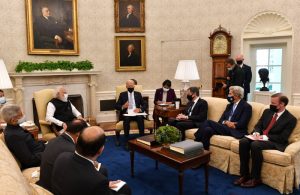
On climate change the Quad has organised itself into three areas of climate ambition, clean energy innovation and building resilience besides preparing for the effects of climate change. It is committed to the COP 26 targets and towards global net zero emissions by 2050.
In addition to these, a number of new initiatives were also launched which included the following :-
- Cooperation on critical and emerging technologies to shape the future outcomes was discussed. They decided to partner with industry to deploy secure, open, and transparent 5G and beyond-5G networks and with governments to create the enabling environment for 5G diversification and the security of open, standards-based technology. The issue of ensuring resilient, diverse and secure supply chains for critical technologies and materials was reiterated. A ‘Quad Principles on Technology Design, Development, Governance, and Use’ was launched to “guide not only the region but the world towards responsible, open, high-standards innovation”.
- A new Quad Infrastructure partnership with an Infrastructure Coordination Group was also launched to coordinate the region’s infrastructure needs and promote sustainable infrastructure development and capacity building initiatives. Mention was made of continuing with the Blue Dot Network. The Blue Dot network is a US initiative for inclusive development to counter China’s BRI but has underperformed so far.
- Cooperation on securing the cyberspace and sustainable use of outer space. A leader level Senior Cyber Group will meet regularly to address all aspects related to cyber security including augmentation of capacity, establishing shared cyber standards, development of secure software and upscaling security of the cyber and digital infrastructure.
- The countries also decided on sharing of satellite data for monitoring climate c Sharing of Satellite data will support analysis on climate change issues, seabed mapping and will help build capacity in vulnerable areas in coordination with the Quad Climate Working Group. Data sharing is also invaluable for augmenting domain and situational awareness capability.
- Disaster response and preparedness, sustainable uses of oceans and marine resources, and responding to challenges in shared domains were some of the other issues that were discussed.
- A Quad Fellowship on postgraduate studies for 100 students annually in STEM subjects in American universities was introduced.
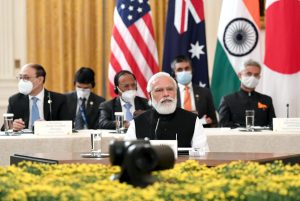
From a geopolitical perspective, ASEAN centrality was reiterated and its outlook on the Indo-Pacific was also acknowledged. The presence of external like-minded countries in the region was also welcomed. India would have been pleased that the Quad focused attention on South Asia with specific reference to Afghanistan and towards combating terrorism as well as support to terrorist actions. Restoration of democracy in Myanmar and implementation of ASEAN’s Five-Point Consensus was emphasised. Mention of Afghanistan was also significant for the USA and its President to salvage some lost prestige but to be fair, a major part of the blame is attributable to his predecessor who literally ‘sold out’ Afghanistan to the Taliban in Doha in 2020. The recent testimony by the US military brass to Congress clearly brought out that the withdrawal was carried out despite their advice to the contrary and it was politics that prevailed in the end. Infact, it had reduced to a no-win situation in the end.
The Quad’s support to the Small Island Developing States (SIDS) was encouraging. Many of these are very strategically located across the Indo-Pacific and are facing an existential threat of inundation due to rise in sea levels. Initiating remedial action will benefit the region and the Quad for economic and strategic reasons . Inclusive capacity building initiatives on these islands will augment the regional security architecture by enhancing both, maritime domain awareness aaswell as situational awareness. Diplomatically, each of these small island states has a vote in international organisations like the UN which is helpful in mobilising opinion to shape international outcomes.
Not surprisingly, there was no mention of either formalisation of the Quad or its expansion. On both these issues, there are views for and against. As far as formalising the construct is concerned, there is a view that doing so will provide greater focus and also an organisational framework for implementation. The nay-sayers argue against it for the very same reasons that bureaucratisation will restrict it within a more rigid framework and would therefore be counter-productive.
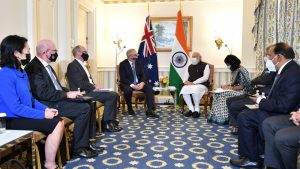
Most experts also believe that the time is not right for the Quad’s expansion as even the existing arrangement is still finding its feet. Any expansion will further complicate the issue. Instead it may be prudent to include other countries in discussions at times as was done last year when New Zealand, Vietnam and South Korea were invited. Infact, despite many extra-regional and likeminded powers investing effort and resources in maintaining a free and open Indo-Pacific and the EU too having a stake, it may still be premature to expand. The Quad should act as the fulcrum to leverage their strength, presence and commitment towards ensuring the sanctity of the present rules based order and a free and Open Indo-Pacific.
The joint statement also made no mention of AUKUS, the recently established Australia-UK-USA trilateral which was also not surprising. These three countries are already military allies and members of the Five Eyes intelligence sharing arrangement so this trilateral did not raise any eyebrows except from China and France, the former for obvious reasons and the latter because it lost its largest ever defence contract. Infact, this trilateral will strengthen the effort towards maintaining a Free and Open Indo-Pacific. The Quad derives its strength from various mini-laterals within itself and with external partners. There is an India-Japan-US trilateral, an Australia-India-US trilateral and the one year old Australia-France-India trilateral which in President Macron’s words “is absolutely key for the region and our joint objectives in the Indo-Pacific region”.
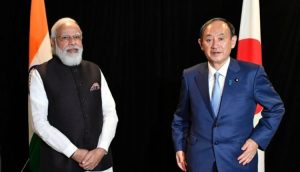
From an Indo-Pacific security perspective, the Australian decision to develop a nuclear attack submarine force is also an encouraging development as the vast and open expanse of the southern and south eastern Indian Ocean will have a robust SSN capability within the next decade or so. Hopefully, France will soon come around for the sake of its own interests in the region.
Two Summits in the space of six months indicates that the Quad is an idea whose time has come. It has the potential to make a substantial difference in the future and is no longer, as one former Indonesian Foreign Minister had quipped, ‘a solution in search of a problem’.
(Commodore Anil Jai Singh (Retd.) is a veteran submariner and the Vice President of the Indian Maritime Foundation. He is keenly interested in matters maritime and speaks and writes on the subject in India and abroad. The views expressed are personal. He can be contacted on editor.adu@gmail.com )














